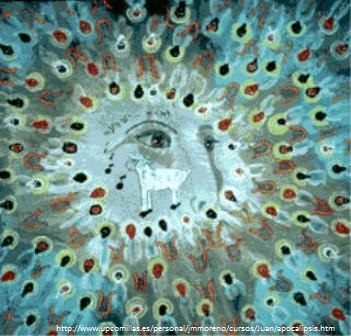The Representational Impasse of Post-Apocalyptic Fiction: The Pesthouse by Jim Crace
DOI:
https://doi.org/10.13130/2035-7680/2987Palabras clave:
Jim Crace, The Pesthouse, post-apocalyptic fiction, contemporary British literature, temporal inversion, representational impasse.Resumen
Jim Crace’s The Pesthouse (2007) provides the ideal springboard for a discussion about the apocalypse and representation because the event remains unspecified, a gap in the story, suggesting the presence of epistemological limits.
The present article contends that this narrative choice depends on a representational impasse which makes the depiction of the apocalypse and its aftermath impossible and which post-apocalyptic fiction has to address, in order to grant its own existence. The apocalypse is to be considered the ultimate iconoclastic concept, utterly beyond our abilities as image-makers and story-tellers, because it has either to do with the notion of an absolute end or with that of the radical alterity of a new beginning.
A theoretical discussion of the impasse, divided, for the purposes of a more detailed analysis, into two dilemmas, is followed by an outline of how The Pesthouse engages with this unrepresentability. On the one hand, the British author deploys what might be defined as the logic of the absent referent, in order to allude to the unrepresentable apocalypse. This remains, in fact, inaccessible to language, and thus absent in the narrative, while several elements point to its absence. On the other hand, Crace uses a typical topos of post-apocalyptic fiction, temporal inversion, namely representing the future as a return to the past, to allude to the radical alterity of the aftermath.




